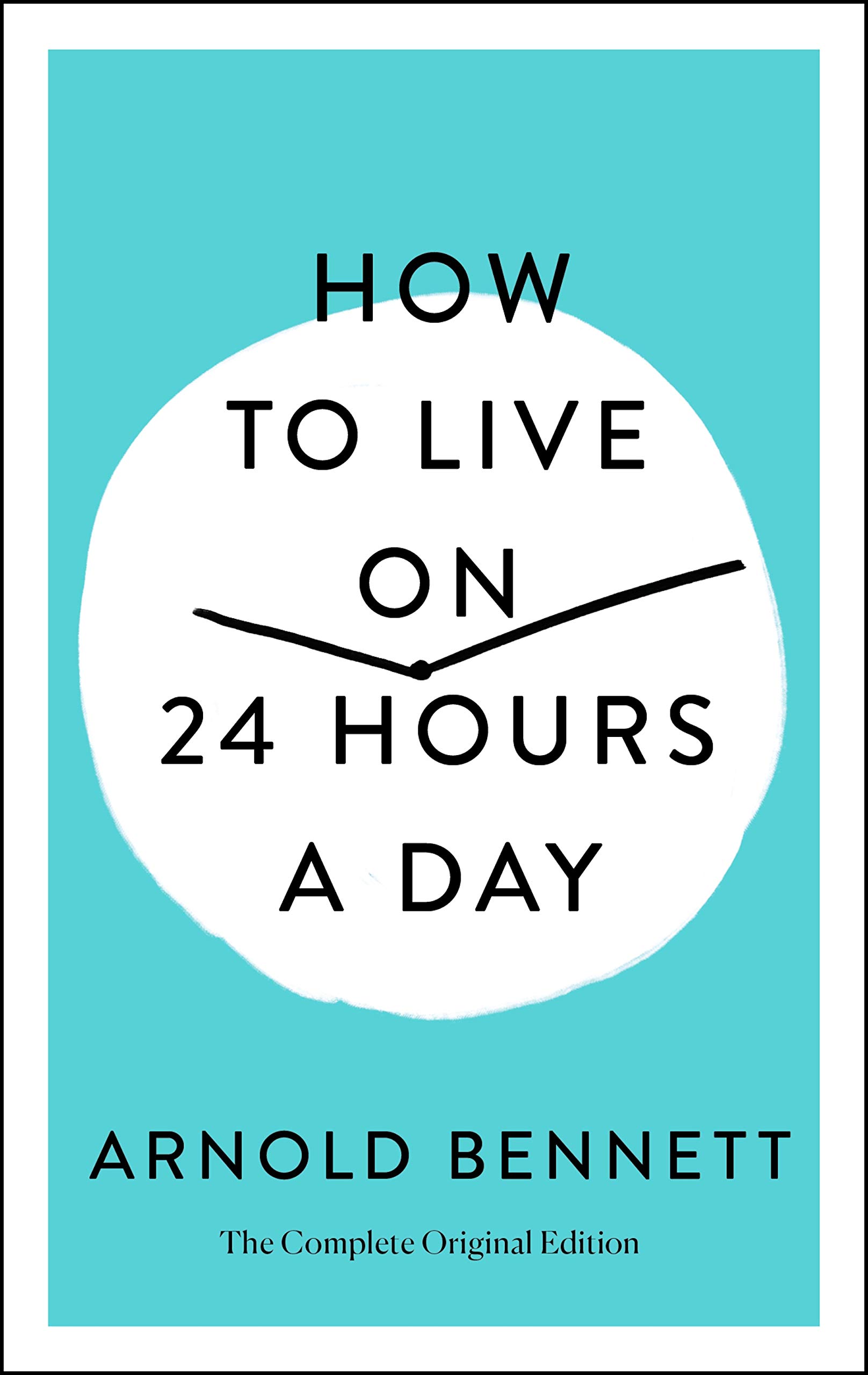Chapter VIII — The Reflective Mood
byChapter VIII encourages readers to embrace a practice often neglected in a world preoccupied with speed—deep self-reflection. While most people accept that physical and mental training require effort, they seldom apply the same discipline to knowing their inner selves. Yet, the mind, like any instrument, demands tuning through consistent and intentional thought. Just as a pianist masters scales before performing a symphony, a person must learn to quiet distractions and focus inwardly before achieving clarity or peace. Reflection isn’t idle daydreaming; it’s structured awareness that shapes character, clarifies decisions, and invites emotional balance. Without it, we respond rather than act, pulled by impulse rather than purpose.
The chapter illustrates how reflection allows a person to make sense of behavior, not by instinct, but by applying reason. When someone reacts angrily over a minor event—like a steak cooked too long—the natural response might be annoyance or complaint. But if reflection is practiced, the emotional surge can be paused, examined, and transformed into a more constructive action. This does not mean suppressing feelings, but channeling them through a filter of understanding. The reader is reminded that living ethically and thoughtfully requires daily effort—not occasional inspiration. By observing how we behave, not just how we think we behave, we unlock a truer sense of self. And from that awareness springs personal growth.
Self-reflection also clarifies how aligned one’s actions are with their values. Many claim to want happiness or purpose but act in ways that contradict those aims. For instance, someone might value kindness but speak harshly when tired or frustrated. Without reflection, this contradiction remains unnoticed and unresolved. When we regularly examine what we do versus what we believe, the distance between the two begins to close. The goal isn’t perfection, but integrity. Through consistent reflection, we adjust course like a sailor using the stars—always aiming for truth, always refining. Over time, these small adjustments lead to profound internal change and a more fulfilling life.
One of the strengths of this chapter lies in its challenge to a popular myth: that happiness is found only through external success or pleasant distractions. Instead, it argues that inner harmony, developed through reflective practice, leads to a more stable form of happiness. This kind of happiness doesn’t waver with circumstances because it is built on understanding rather than reaction. It’s the result of questioning assumptions, understanding motivations, and accepting responsibility for one’s inner life. With this insight, even ordinary moments gain meaning. A walk, a conversation, or a setback can be viewed not as interruptions but as opportunities for growth and insight.
The author doesn’t suggest this transformation comes easily. Reflection requires both solitude and courage—solitude to listen, and courage to confront what we find. It asks us to carve out time in a busy day, not just for efficiency or learning, but for examining who we are becoming. This habit, done regularly, creates emotional intelligence and inner resilience. Rather than being a lofty ideal, it becomes a practical tool for navigating everyday life. It is in these moments of stillness that clarity emerges—not from noise, but from silence made intentional. The result is a person better equipped to meet life with confidence, patience, and purpose.
While reading philosophy or self-help texts can support this journey, the author stresses that reflection must be lived, not just studied. A book can point the way, but it cannot walk the path. Only by applying insights, noticing behaviors, and making corrections can reflection become transformative. In a world full of distractions, reflection asks us to slow down, observe, and adjust—not for the sake of appearances, but to live a life that genuinely reflects who we wish to be. And in doing so, we don’t just exist—we evolve.

